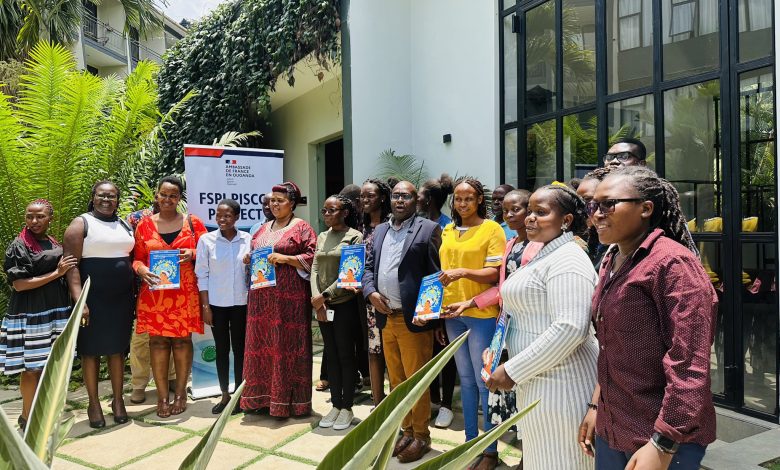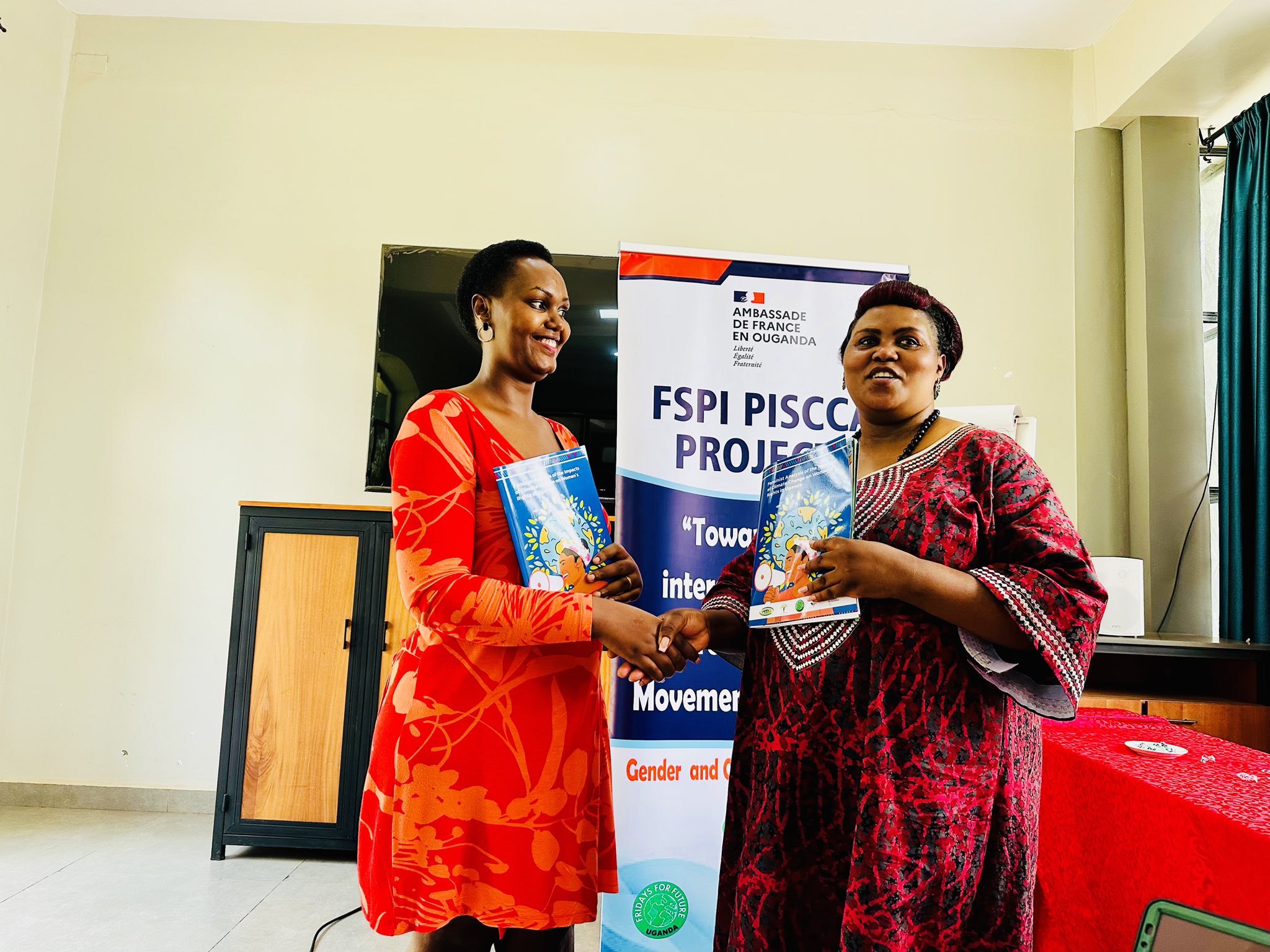Report highlights feminists’ role in mitigating climate change
Among the key issues the study points out is that women and girls continue to be severely and uniquely affected by climate change in Uganda and that these structural inequalities breed violence, poverty, and other disparities.

The National Association of Professional Environmentalists and partners Fridays for Future Uganda, Simma Africa Foundation, and Girls for Climate Action under the PISCCA Project funded by the French government released a report that highlights the role feminists are playing in addressing climate challenges.
The report is titled Feminists Analysis of the Impacts of Climate Change on Women’s Rights in Uganda. The report released in Kampala after a study represents an analysis of climate change and how it specifically affects women in Uganda.
The study conducted in 2023 in the districts of Bududa, Wakiso, Kasese, Manafwa, and Kiboga focused on aspects of their livelihood and looked at the connections between climate change and the emerging impacts on girls’ education, gender-based violence, migration, and conflict.
According to Joan Akiiza Musiime, the Senior Programme Officer for Gender and Legal Affairs at NAPE, the study serves as a tool to strengthen evidence-based knowledge regarding the existence of climate change and its impacts on women in Uganda.
Women most affected by climate change
Among the key issues the study points out is that women and girls continue to be severely and uniquely affected by climate change in Uganda and that these structural inequalities breed violence, poverty, and other disparities.
It also highlights that there is still a lot to be done in terms of creating national consensus and understanding of what climate change is, and how it affects the day-to-day lives of Ugandans, especially women.
The District Woman MP for Koboga district Christine Nakimwero Kaaya, the Shadow Minister for Water and Environment, said women need to critically look at the roles bestowed on them in fighting environment because women are not empowered enough.

“A woman might want to plant trees to address the challenges of climate change but they don’t own land. She might want to plant trees but the husband who owns the land wants to plant beans,” Kaaya, a known environmentalist said while presiding over the report launch.
“We are advocating for women to work hard so that they can own land because no one is going to give it to them. Both sides [her father’s side and her husband’s side] won’t give her land. Our girls should be told that owning land is part of them,” she added.
She applauded NAPE and the partners for targeting the youth because they are swift and mobile. She noted that NAPE has shown that even though climate change is happening in Uganda, more effects occur to women who are burdened with various gender-based roles like caring for the family.
“Now we have seen that women are affected most, we need to incorporate them in all actions we intend to do. The challenge they have now is property ownership; to have a property that can enable them to fulfill their roles. They need to have land,” the opposition MP said.
Legislative and policy interventions
The Ugandan government has made significant progress in trying to address climate change through various legal and policy provisions. There have also been international commitments and shows of good faith that point to a willingness to act.
That said, there are existing and emerging concerns that affect this progress. This includes for example government decisions on things such as the oil pipeline as has been raised by activists and citizens at large, the limitations of national agencies to affect the law, as well as others that undermine progress, and sometimes even perpetuate further injustices.







